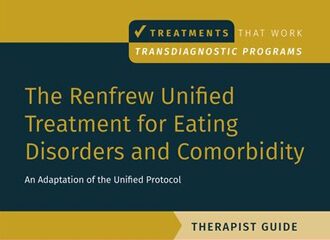Published by: Giddy
Written By: Kate Daniel

“BED, like other eating disorders, often serves as a maladaptive means of achieving a sense of control, comfort or relief from emotional turmoil,” said Louisa Beckford, M.B.B.S., a consultant psychiatrist at Orri Eating Disorder Treatment Clinic, in Royal Leamington Spa, England.
The journey to stop binge eating—Mayo Clinic defines it as frequently consuming large quantities of food and feeling unable to stop—can be a Herculean effort. Given the ebbs and flows of romance and the unease it can provoke, it makes sense to focus on recovery rather than romance for some. However, giving up on dating isn’t necessary.
“It doesn’t mean one can’t date or be in relationships. It will just be very important to be aware of the impact that relationships have on these eating behaviors and vice versa,” said Allison Chase, Ph.D., the senior clinical advisor at Eating Recovery Center and Pathlight Mood and Anxiety Center in Denver. “Understanding connections between thoughts, feelings and behaviors is important to help better understand patterns and ultimately to shift unhealthy behaviors.”
The bottom line
Moser noted that all eating disorders, including BED, are psychiatric conditions. They are not moral deficits. If dating and relationships affect your health, or vice versa, there’s no shame in asking for help.
“Binge eating is serving an emotional function. You are coping with inherent emotions and stressors associated with relationships in the best/only way you can right now,” she said. “Relationships are hard, and binge eating is working in the short term to help navigate the ‘hard,’ even if it has obvious long-term consequences. There is hope and help for breaking this cycle and learning a new way of coping so you and your relationship can be healthy.”



